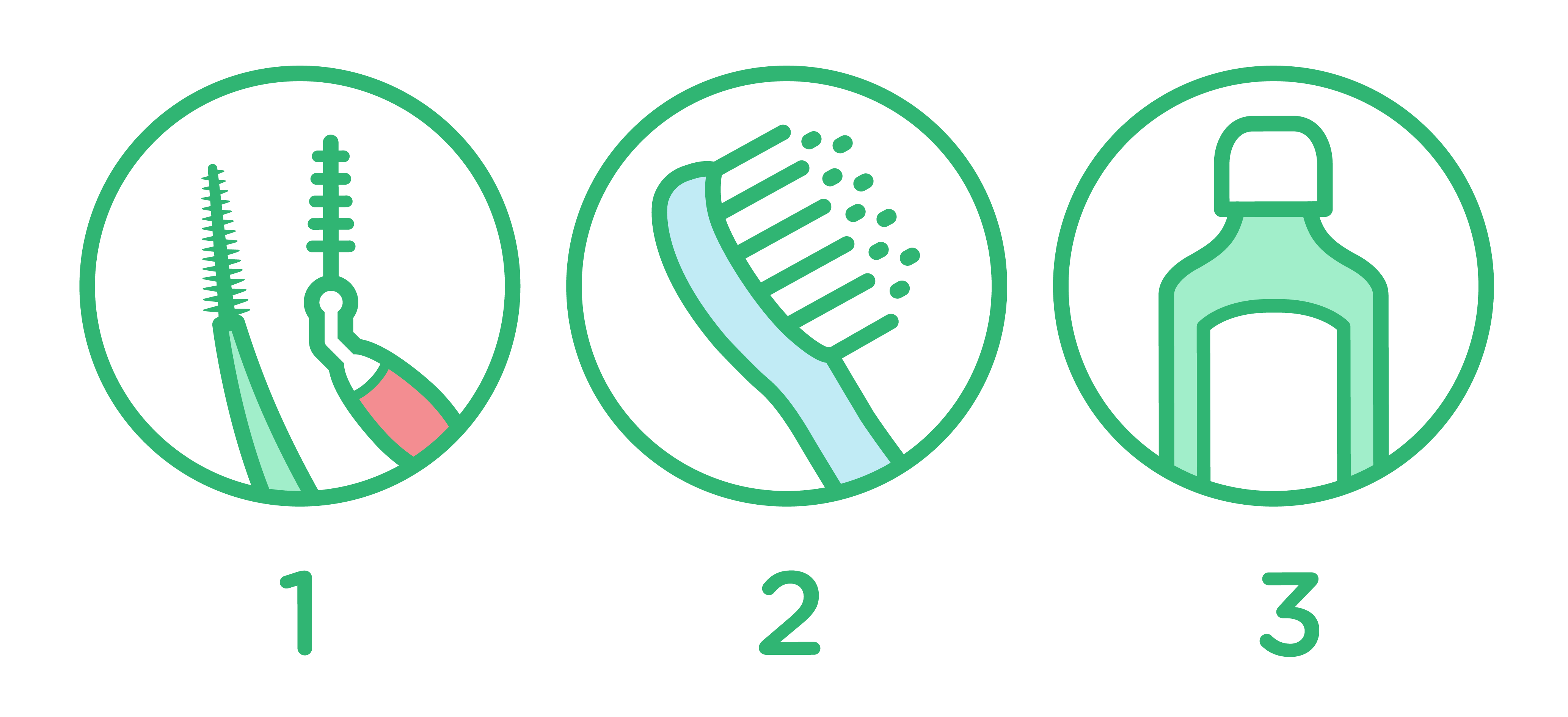
Gum Disease Definition and Causes
‘Periodontal’ literally means ‘around the teeth’, so ‘periodontal disease’ refers to infections in the structures around the teeth, including the gums, ligaments, and bones.

What is Periodontal (gum) Disease?
Periodontal disease occurs when these parts of the mouth are infected with bacteria, leading to swollen and bleeding gums. If left untreated, the infection can spread and may even lead to tooth loss.
The earliest stage of periodontal disease is known as gingivitis, and it is very common.
How Common is Periodontal Disease?
Periodontal disease is quite common, affecting a significant portion of adults at some point in their lives. According to the American Dental Association (ADA), roughly 42% of adults in the U.S. 30 years of age or older have periodontitis. The prevalence increases with age, as gums tend to recede and become more susceptible to infection over time. Regular dental visits and good oral hygiene are key in detecting and preventing its progression from the early stage of gingivitis to more severe forms.
What Causes Gum Disease?
Gingivitis is usually caused by poor oral care: if teeth are not cleaned properly, then bacteria can build up on the surface and create plaque. If plaque is not removed, it turns into tartar, leading to inflammation of the gums.
Other possible causes of gum disease include:
- An unhealthy diet
- Smoking
- Stress
- Orthodontic treatments
Is Periodontal Disease Contagious?
Periodontal disease itself is not contagious in the traditional sense, as it's primarily caused by an individual's own oral bacteria imbalance. However, the bacteria causing the condition can be transferred through saliva, making it important to maintain good oral hygiene practices.
How is periodontal disease treated?
Treatment for periodontal disease depends on its severity. In early stages, it might involve professional cleaning and improved at-home oral care. More advanced cases may require deep cleaning (scaling and root planing), medication, or even surgery. Regular dental visits are crucial for effective management and treatment.
Can I prevent periodontal disease?
Preventing periodontal disease is possible with regular and consistent oral hygiene practices. This includes regular brushing, flossing, and using mouthwash to reduce plaque buildup. A healthy diet and avoiding smoking also play a significant role.
To protect yourself against periodontal disease, make sure that you stick to an excellent daily oral care routine, and see your dental professional for a check-up at least once a year.
Contact your dentist straight away if you experience bleeding, red or swollen gums, sensitivity, or persistent bad breath, as these can all be early signs of gum disease.







